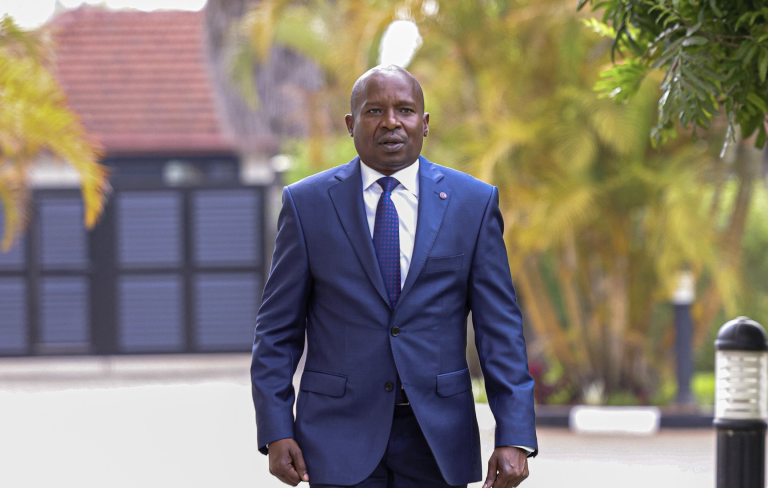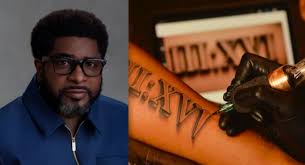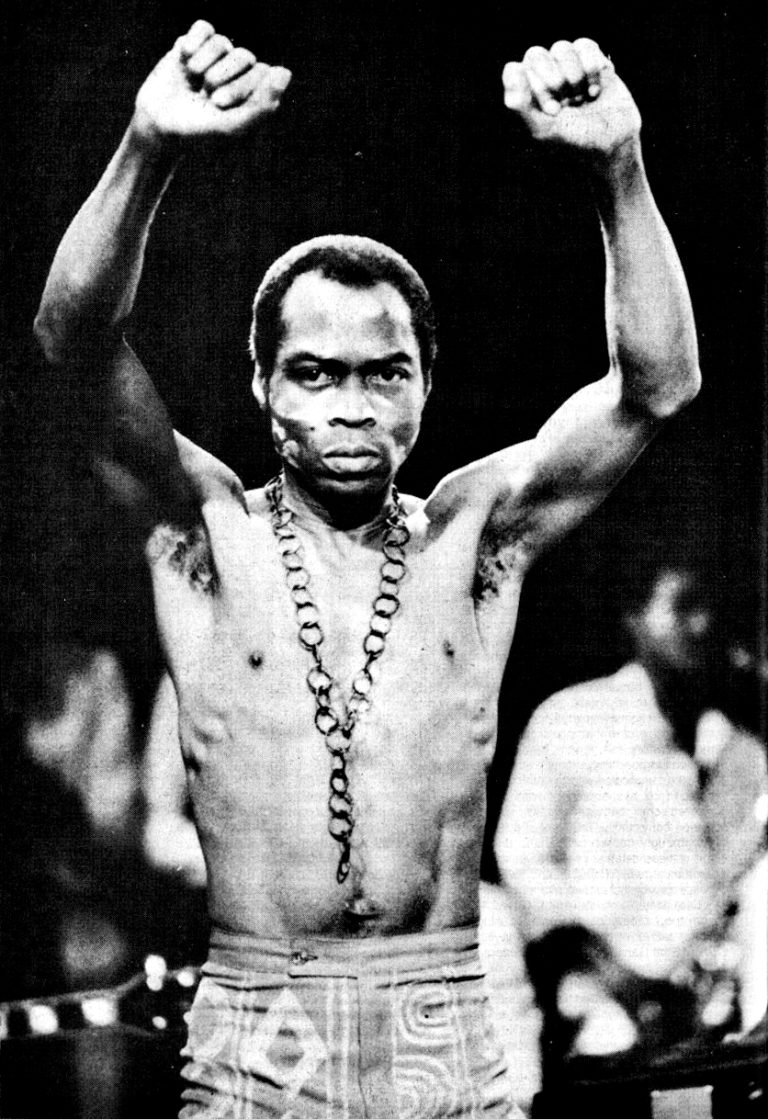The United States military has reportedly developed plans for potential strikes on Nigeria, following President Donald Trump’s recent warning that the US would enter the country “guns-a-blazing” to protect its Christian population.
Defence officials told The New York Times that the Pentagon, acting on Trump’s directive, instructed the United States Africa Command (AFRICOM) to design several military response options targeting Islamist militants in northern Nigeria. The plans are said to include both air and ground operations, with varying degrees of escalation.
According to the report, AFRICOM presented three main strategies to the Joint Chiefs of Staff.
The first, a “light” option, would see the US military partner with Nigerian forces to track and strike Boko Haram and Islamic State linked militants responsible for years of attacks and kidnappings.
The “medium” option involves drone strikes using MQ-9 Reaper and MQ-1 Predator aircraft to hit identified militant compounds and vehicle convoys.
The “heavy” option would escalate into a full deployment, positioning an aircraft carrier group in the Gulf of Guinea and sending fighter jets and long range bombers for deep strikes inside northern Nigeria.
However, defence analysts have warned that such an operation could be disastrous. “It would be a fiasco,” said Paul Eaton, a retired US Army major general and veteran of the Iraq War. Eaton compared possible US air strikes on Nigeria to “pounding a pillow,” suggesting that militant networks in the region are too diffuse for conventional attacks to succeed.
Military officials familiar with the plans also cautioned that an intervention of that scale would face immense logistical and political hurdles. “There’s no easy fix,” one official reportedly told the paper, warning that unilateral US military action could worsen instability if not paired with diplomatic engagement and humanitarian aid.
While the Pentagon and the White House have not confirmed whether any of the proposals will advance, the development has already stirred debate over Washington’s role in addressing religious violence in Nigeria and the risks of another long-term foreign intervention.
Ademide Adebayo


